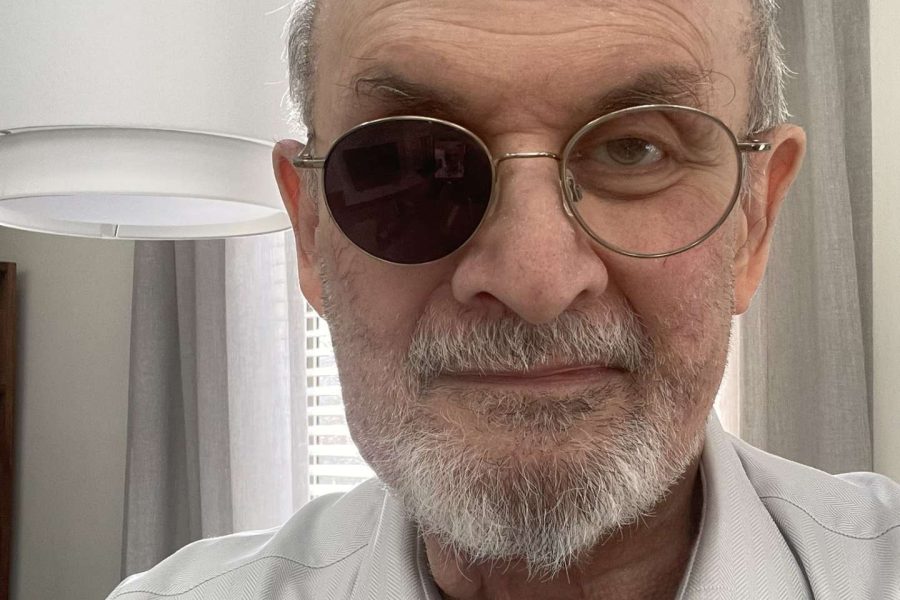
Iran foundation offers Rushdie’s attacker 1,000 square metres land as reward

Praising novelist Salman Rushdie’s attacker, an Iranian foundation has announced that it will reward him with 1,000 square metres of agricultural land, Reuters reported on Tuesday.
On August 12, 2022, a 24-year-old man, Hadi Matar, stabbed Rushdie multiple times as he was about to give a public lecture at the Chautauqua Institution in Chautauqua, New York, United States. Matar was arrested at the scene, and was charged the following day with assault and attempted murder.
Matar, however, pleaded not guilty to second-degree attempted murder and assault charges. Rushdie, 75, lost an eye and the use of one hand after the assault. He recently tweeted a photograph of himself on Twitter.
Also read: ‘Now that I’ve almost died, everybody loves me’: Salman Rushdie in first interview since stabbing
‘Rushdie no more than a living dead’
“We sincerely thank the brave action of the young American who made Muslims happy by blinding one of Rushdie’s eyes and disabling one of his hands,” said Mohammad Esmail Zarei, secretary of the Foundation to Implement Imam Khomeini’s Fatwas.
“Rushdie is now no more than living dead and to honour this brave action, about 1,000 square metres of agricultural land will be donated to the person or any of his legal representatives,” Zarei added.
The controversy over The Satanic Verses
Rushdie’s fourth novel, The Satanic Verses (1988) was inspired by the life of the Prophet Muhammad, in which he uses magical realism and contemporary events and people to create his characters. The novel landed him in a major controversy as several Muslims saw some passages in the novel about the Prophet Muhammad as blasphemous.
Almost 33 years ago, Iran’s then supreme leader, Ayatollah Ruhollah Khomeini, had issued a fatwa (religious edict), calling on Muslims to assassinate Rushdie after his controversial book The Satanic Verses, was published.
Also read: How we have all failed Salman Rushdie at some level after the fatwa
Born in India into a Muslim Kashmiri family, Rushdie spent nine years in hiding under British police protection after the fatwa was announced. His new novel, Victory City, which was released earlier this month, is an “epic tale” of a 14th-century woman, who defies a patriarchal world to rule a city.
While Iran’s pro-reform government of President Mohammad Khatami distanced itself from the fatwa in the late 1990s, the multimillion-dollar bounty hanging over Rushdie’s head kept growing and the fatwa was never lifted. Khomeini’s successor, Supreme Leader Ayatollah Ali Khamenei, was suspended from Twitter in 2019 for saying the fatwa against Rushdie was “irrevocable.”

